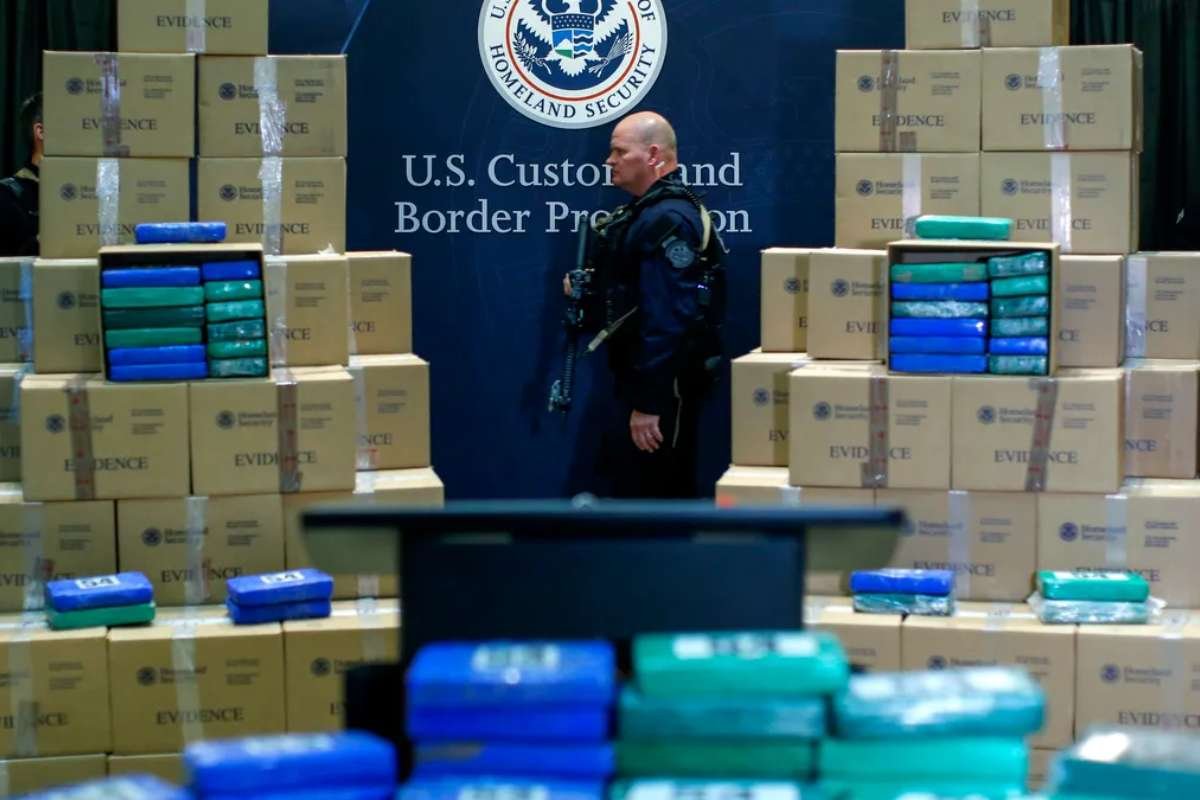China and Hong Kong Shipments Face New Tariffs
The White House announced on Wednesday that the long-standing de minimis exemption allowing duty-free entry for low-value goods from China and Hong Kong will be revoked starting May 2. This exemption previously allowed packages valued under $800 to enter the U.S. without incurring import duties. The new policy means that goods from these regions will now be subject to all applicable tariffs unless they arrive through the international postal network.
For shipments arriving via postal services, a duty of either 30% of the item’s value or a flat rate of $25 per item will apply. The latter will increase to $50 per item beginning June 1. Additionally, U.S. Customs and Border Protection (CBP) has the authority to require formal entry procedures for postal packages, making them subject to all relevant tariffs, taxes, and fees. The move is part of broader efforts by the Trump administration to curb deceptive shipping practices and address illicit imports, including synthetic opioids hidden in low-cost packages.
Future Expansion of De Minimis Restrictions
The elimination of the de minimis exemption for China and Hong Kong is only the first step in a larger initiative. According to an executive order signed by former President Donald Trump, other tariffed countries will also lose access to the exemption once efficient systems for processing and collecting duty revenues are established. However, the exemption will remain intact for eligible items brought into the U.S. as travel goods or gifts.
The de minimis rule has long benefited e-commerce giants such as Shein and Temu, allowing them to ship goods directly from Asian factories to U.S. consumers while keeping costs low. Many small businesses that rely on direct imports from China will also be affected. The exemption’s revocation could lead to increased costs for these companies and consumers, as additional tariffs will be imposed on a wide range of low-cost imports.
The new policy follows a series of tariff hikes imposed on Chinese goods. The Trump administration has already raised duties on Chinese imports by 20%, and starting April 9, an additional 34% tariff will be introduced. These measures are expected to impact pricing and supply chains for numerous industries reliant on China-based manufacturing and shipping.
Implementation Challenges and Future Considerations
The sudden removal of the de minimis exemption has posed challenges for policymakers and logistics providers. In February, the U.S. briefly eliminated the exemption for Chinese imports, only to reinstate it days later due to logistical complications in collecting tariffs on postal shipments. The U.S. Postal Service even temporarily suspended inbound packages from China and Hong Kong during the transition period, highlighting difficulties in enforcing the new rules.
Cindy Allen, CEO of Trade Force Multiplier, explained in a February webinar that a major hurdle has been implementing a system for duty collection on postal shipments. “The main driver for the rescission is because [the] Postal Service needs to get a system in place,” Allen stated, noting that other shipping channels already have effective collection mechanisms.
To assess the economic impact of the policy change, the Commerce Secretary is set to submit a report within 90 days. The review will also determine whether similar measures should be extended to packages from Macau. With additional countries at risk of losing de minimis privileges, businesses importing low-cost goods into the U.S. may soon need to adjust to higher tariffs and more stringent shipping regulations.









